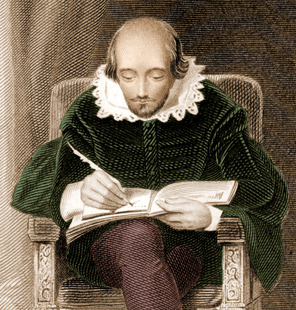 I’ve been privileged to know three Nobel writers in my life, though my connection with Seamus Heaney was only a brief, epistolary one. So to see songwriter Bob Dylan placed in the same empyrean in 2016 … well, it gave me pause.
I’ve been privileged to know three Nobel writers in my life, though my connection with Seamus Heaney was only a brief, epistolary one. So to see songwriter Bob Dylan placed in the same empyrean in 2016 … well, it gave me pause.
It gave one other writer a lot more than that. Professor and blogger Akim Reinhardt over at the esteemed 3quarksdaily wrote a long rant today called,“I Have A Concussion And Can’t Write 2,000 New Words, So Here’s An Old, Unpublished Essay About How Ridiculous It Is That Bob Dylan Won A Nobel.”
An excerpt or two:
Ugh. Bob Dylan.
Even though we’re well into the 21st century and half the Baby Boomers are collecting Social Security, they’re still determined to thumb their noses at their parents. Even the Swedish ones, apparently. So Bob Dylan gets a Nobel Prize in Literature.
I told you, daaaaaaaaad! My music is art toooo! Seeee?
You know what? You’re dad’s dead. Grow up. Find a new battle to fight. Go argue with your grandkids or something.
Bob Dylan. Jesus.
The guy plagiarized substantial portions of the only prose book he ever wrote, his 2005 memoir. You’d think that right there would disqualify a writer from winning the world’s most prestigious lifetime literary award. But this is the Age of Truthiness, so I guess all bets are off.
After the announcement, predictability set in. Would he or wouldn’t he accept? Yawn. Shortly before the deadline for handing in an acceptance speech or else have the offer of a tacky medallion and substantial monetary award rescinded, like the miserable teenage stoner that he is, Dylan predictably submitted a plagiarized essay, replete with classic misinterpretation of Moby Dick, and cribbed in part from the cheating industry’s 300 lb. gorilla, Spark Notes.
Good. That’s exactly what the Swedish Academy deserves for putting its finest lipstick on a clever little pig.
High literary crimes and misdemeanors aside, however, the real issue of course is merit. When I think of great literature, I think of words that offer penetrating insight into the human condition. But I was 14 years old the last time I thought a Dylan song carried that kind of punch. Lounging in the backseat of my parents’ ‘69 Buick LeSabre, “Blowin’ in the Wind” came on the AM radio.
“Wow, that is so deep,” I thought to myself unironically.
Did I mention I was 14? I was also really moved by paintings of big-breasted women with swords.
Not long after that, however, the bloom came off. Part of it was my increasing revulsion with the cultish adulation heaped upon Dylan, of people solemnly praising the “bard,” “the master.” Of straight-faced people putting him on a par with William Shakespeare, a not uncommon sentiment during the 1970s.
***
Don’t get me wrong. Dylan wrote some great songs. But his lyrics are quite erratic in quality. Their “literary artistry” profits immeasurably from the musical enhancements of his song craft, which is often excellent. Dude knows chords and melody, and always surrounds himself with top notch musicians, producers, and engineers. But I think a lot of his words, when printed naked on the page, get exposed as pretentious, and even trite. At his best, Bob Dylan never struck me as the divine wordsmith that so many people make him out to be.
At the very least, I think it’s quite safe to say that he’s nowhere near the greatest English language lyricist of the 20th century. Authors such as Cole Porter, Oscar Hammerstein, and Townes Van Zant, to name just a few, blow him away. Really, the list just goes on and on and on.
I know. They’re all dead, and therefore ineligible to win a Nobel. However, simply because the Nobel Committee was too stodgy to give the literature prize to a lyricist back when any of those folks were still alive is really no reason to give it to Dylan now that they’ve finally digested postmodernism and are willing to move beyond the rigid boundaries of staid categories.
Read the rest here.
No surprise that the literature award was suspended the following year. The shame, the shame.
Tags: Akim Reinhardt, Bob Dylan



